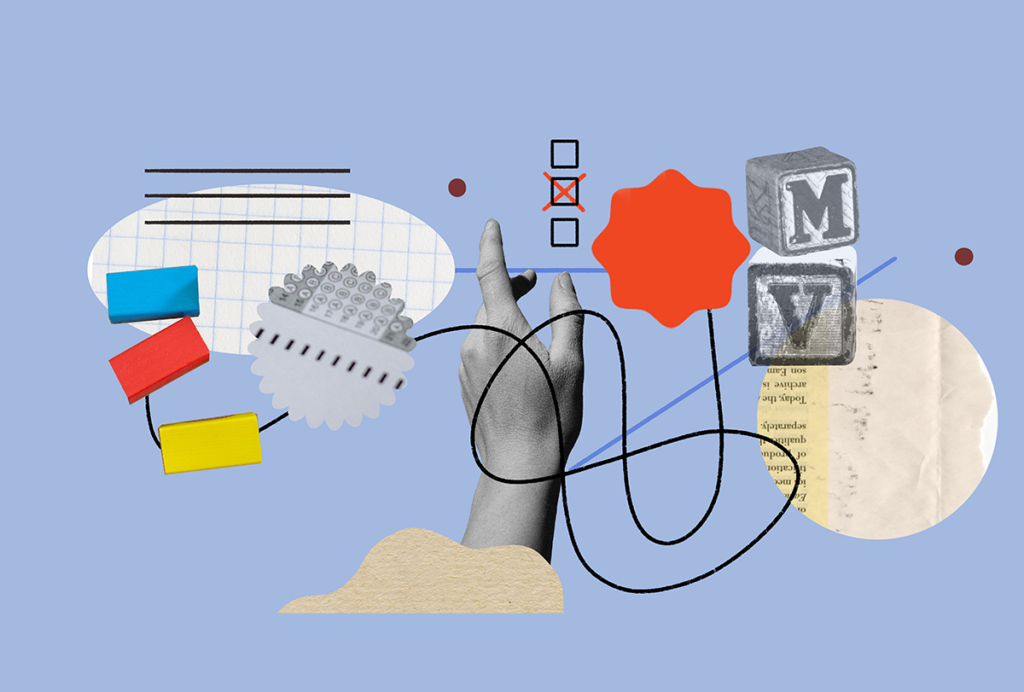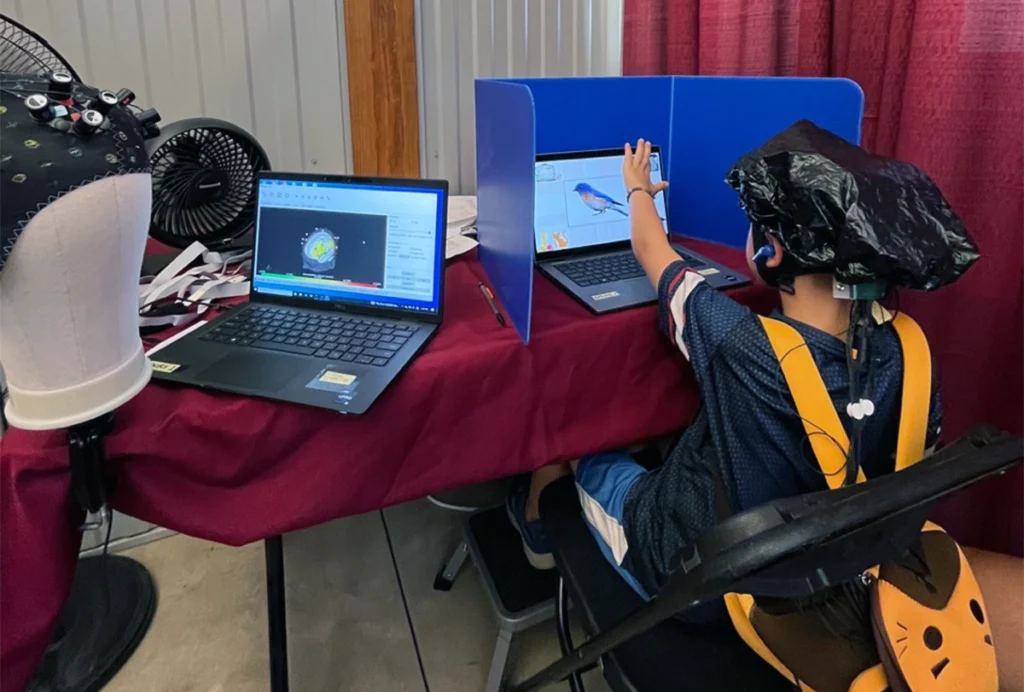Executive function
Recent articles
To accelerate the study of neurodevelopment, we need a transdiagnostic framework
Our tendency to focus on one condition at a time likely silos expertise and services—and obscures critical connections across diagnostic categories.

To accelerate the study of neurodevelopment, we need a transdiagnostic framework
Our tendency to focus on one condition at a time likely silos expertise and services—and obscures critical connections across diagnostic categories.
Vasopressin boosts sociability in solitary monkeys
Inhaling the hormone did not increase aggression in unsociable rhesus macaques and appears to help the animals remember faces and reciprocate friendly behaviors.

Vasopressin boosts sociability in solitary monkeys
Inhaling the hormone did not increase aggression in unsociable rhesus macaques and appears to help the animals remember faces and reciprocate friendly behaviors.
Brain imaging at the fair with Ka Ip
Does environment affect how children from diverse backgrounds perform on tests of executive function? Ip went to the Minnesota State Fair to find out.

Brain imaging at the fair with Ka Ip
Does environment affect how children from diverse backgrounds perform on tests of executive function? Ip went to the Minnesota State Fair to find out.
Explore more from The Transmitter
Astrocytes orchestrate oxytocin’s social effects in mice
The cells amplify oxytocin—and may be responsible for sex differences in social behavior, two preprints find.

Astrocytes orchestrate oxytocin’s social effects in mice
The cells amplify oxytocin—and may be responsible for sex differences in social behavior, two preprints find.
Neuro’s ark: Spying on the secret sensory world of ticks
Carola Städele, a self-proclaimed “tick magnet,” studies the arachnids’ sensory neurobiology—in other words, how these tiny parasites zero in on their next meal.

Neuro’s ark: Spying on the secret sensory world of ticks
Carola Städele, a self-proclaimed “tick magnet,” studies the arachnids’ sensory neurobiology—in other words, how these tiny parasites zero in on their next meal.
Autism in old age, and more
Here is a roundup of autism-related news and research spotted around the web for the week of 2 March.

Autism in old age, and more
Here is a roundup of autism-related news and research spotted around the web for the week of 2 March.